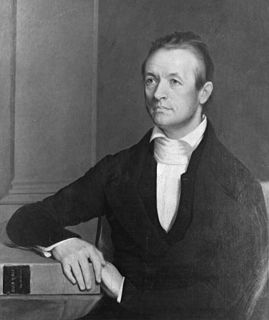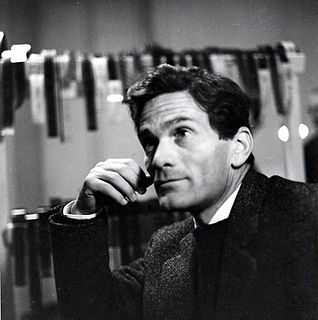A Quote by Maurice Merleau-Ponty
The number and richness of man's signifiers always surpasses the set of defined objects that could be termed signifieds. The symbolic function must always precede its object and does not encounter reality except when it precedes it into the imaginary.
Related Quotes
While the president is to nominate that individual [to Supreme Court], we in the Senate must provide our advice and consent. This function is not well-defined. The Constitution does not set down a road map. It does not require hearings. In fact, it does not even require questioning on your understanding of the Constitution nor the role of the Supreme Court.
When objects are presented within the context of art (and until recently objects always have been used) they are as eligible for aesthetic consideration as are any objects in the world, and an aesthetic consideration of an object existing in the realm of art means that the object's existence or functioning in an art context is irrelevant to the aesthetic judgment.
Complete knowledge of the nature of an analytic function must also include insight into its behavior for imaginary values of the arguments. Often the latter is indispensable even for a proper appreciation of the behavior of the function for real arguments. It is therefore essential that the original determination of the function concept be broadened to a domain of magnitudes which includes both the real and the imaginary quantities, on an equal footing, under the single designation complex numbers.
The loved object is simply one that has shared an experience at the same moment of time, narcissistically; and the desire to be near the beloved object is at first not due to the idea of possessing it, but simply to let the two experiences compare themselves, like reflections in different mirrors. All this may precede the first look, kiss, or touch; precede ambition, pride, or envy; precede the first declarations which mark the turning point—for from here love degenerates into habit, possession, and back to loneliness.
Men are anxious to improve their circumstances, but are unwilling to improve themselves; they therefore remain bound. The man who does not shrink from self-crucifixion can never fail to accomplish the object upon which his heart is set. This is true of earthly as of heavenly things. Even the man whose object is to acquire wealth must be prepared to make great personal sacrifices before he can accomplish his object; and how much more so he who would realize a strong and well-poised life.
The poet Marianne Moore famously wrote of 'real toads in imaginary gardens,' and the labyrinth offers us the possibility of being real creatures in symbolic space...In such spaces as the labyrinth we cross over [between real and imaginary spaces]; we are really travelling, even if the destination is only symbolic.









































